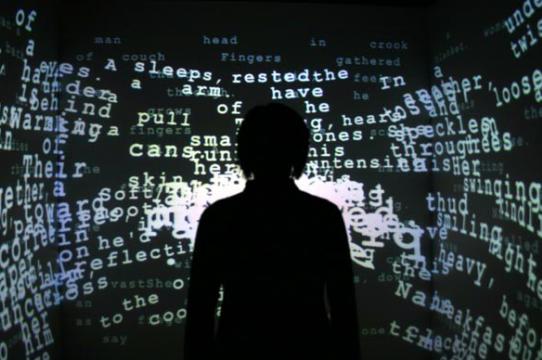Noah Wardrip-Fruin
Michael Mateas
Over the last 40 years we have seen a blossoming of new models of play. From the rise of the New Games movement and the emergence of the role-playing game (in the 1970s) to the current moment’s opportunities for pervasive, gestural, networked, and potentially deeply responsive computer games, we are changing who plays, how we play, and what play can mean.
This project group invites those who want to invent and explore new play spaces. It seeks participants who will take play-oriented approaches to storytelling, ideology, sociality, performance, and other rich areas of human life. The goal is to find those who have their own talents and approaches, but who also desire meaningful collaboration. Ideal candidates will have backgrounds that are already interdisciplinary, especially including two or more of: game design, creative writing, computer science, digital arts, other arts, and game studies.
Students in the project group will also become members of Wardrip-Fruin and Mateas’s lab, the interdisciplinary Expressive Intelligence Studio. They will take part in weekly group meetings and also become part of the larger community of UCSC’s Center for Games and Playable Media. The center is run by noted field member Jane Pinckard and includes the laboratories of faculty working on topics as diverse as intelligent cinematics, next generation game authoring tools, and natural language interaction.
Students will pursue their own creative practice and research, with feedback from the faculty and other lab members. At the same time, students will also participate in one or more group projects designed to produce complete media experiences that can be publicly released, exhibited, demonstrated, and result in conference and journal publications. These projects, which will vary in duration, select an emerging new technology from the lab and use it as the basis for a playable model — both producing previously-impossible play experiences and “pushing back” on technology development with insights acquired through creative practice. In addition to UCSC faculty and students, projects may also involve collaborators at other universities, in the wider field of the arts, and/or in industry.
In addition to standard DANM student support, this project group will have access to interdisciplinary funding sources which may provide support for students during their degree program and/or support for projects to continue development after student MFA work is complete.



